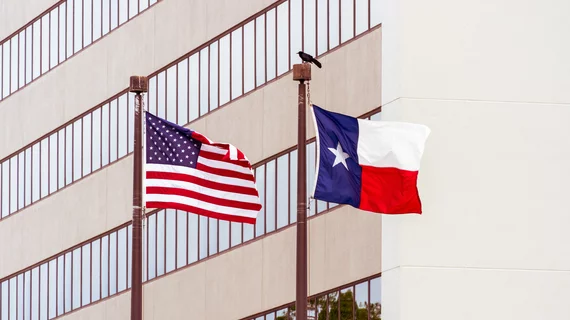ACR joins with Texas Medical Association in declaring an important ‘No Surprises’ win
The American College of Radiology is cheering a Feb. 6 decision by a federal judge in Texas who ruled that parts of the independent dispute resolution (IDR) process in the Surprise Billing Final Rule violate the Administrative Procedure Act.
The judge decided these parts make the qualifying payment amount, or QPA, the main consideration for arbitrators settling payment disputes between providers and payers over out-of-network claims.
Such weighting, the judge ruled, is out of line with the text and intent of the No Surprises Act.
In the Feb. 6 decision, U.S. District Judge Jeremy Kernodle agreed with the plaintiff, the Texas Medical Association (TMA), that defendant HHS’s rule—in the judge’s words—
… continues to place a thumb on the scale for the QPA by requiring arbitrators to begin with the QPA and then imposing restrictions on the non-QPA factors that appear nowhere in the statute.”
TMA: A major victory for patients and physicians
The TMA quickly released a statement noting that the present case was the second of four lawsuits TMA has brought against federal agencies related to rulemaking under the surprise-billing arbitration law.
In the statement, TMA president Gary Floyd, MD, calls the Feb. 6 decision “a major victory for patients and physicians. It also is a reminder that federal agencies must adopt regulations in accordance with the law.”
The decision “will promote patients’ access to quality care when they need it most,” Floyd adds, “and help guard against health insurer business practices that give patients fewer choices of affordable in-network physicians and threaten the sustainability of physician practices.”
ACR: Decision right but work incomplete
To this the chair of ACR’s board of chancellors, Jacqueline Bello, MD, adds that the victory does not affect patient protections or costs and “leaves work to be done,” as it only impacts the insurer-provider payment dispute process.
“Providers, insurers, regulators, lawmakers and other stakeholders must work together to ensure that sensible, balanced physician-informed solutions are implemented to ensure access to care as we continue to shield patients from surprise medical bills,” Bello says.
Still, with the Feb. 6 ruling, patients and their providers “are again the winners,” Bello says, adding that ACR “will continue to work to ensure that the independent dispute resolution process complies with the No Surprises Act and is accessible, fair and efficient.”
Read the court decision here, the TMA statement here and the ACR response here.

